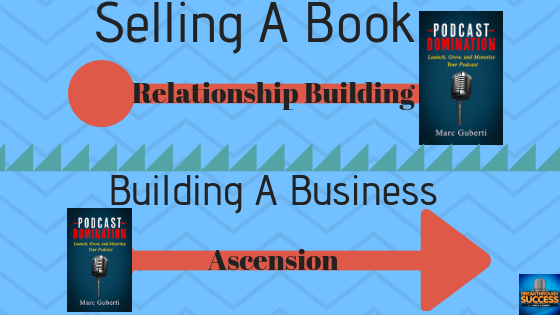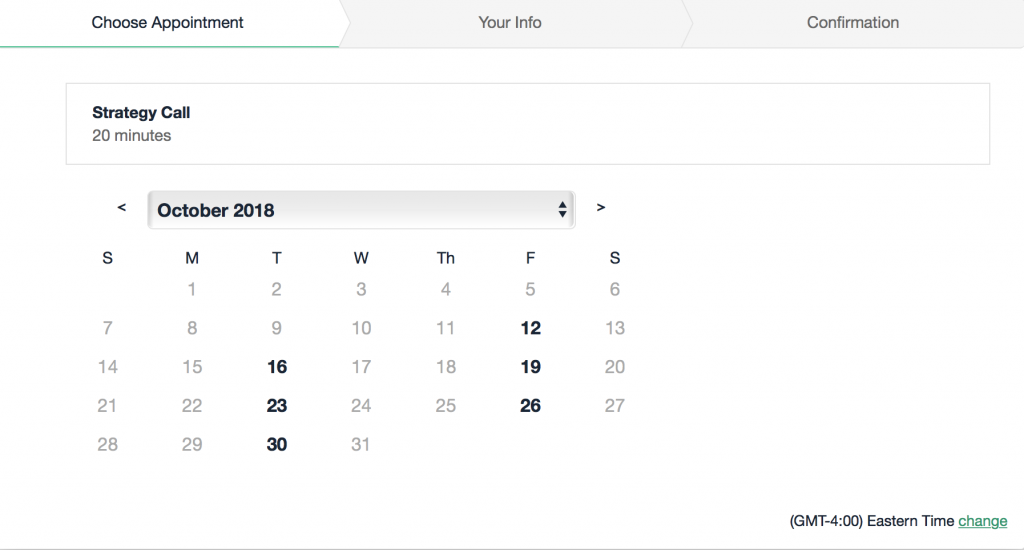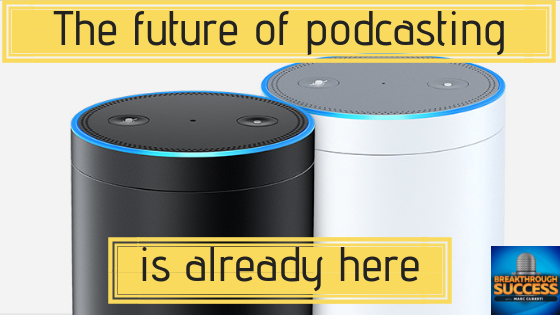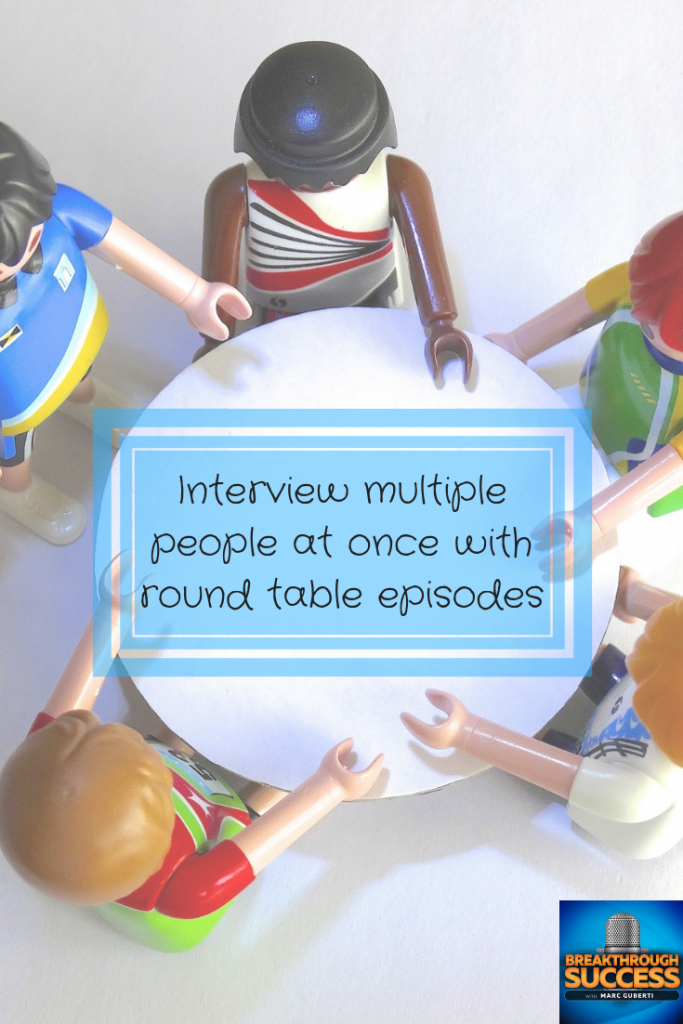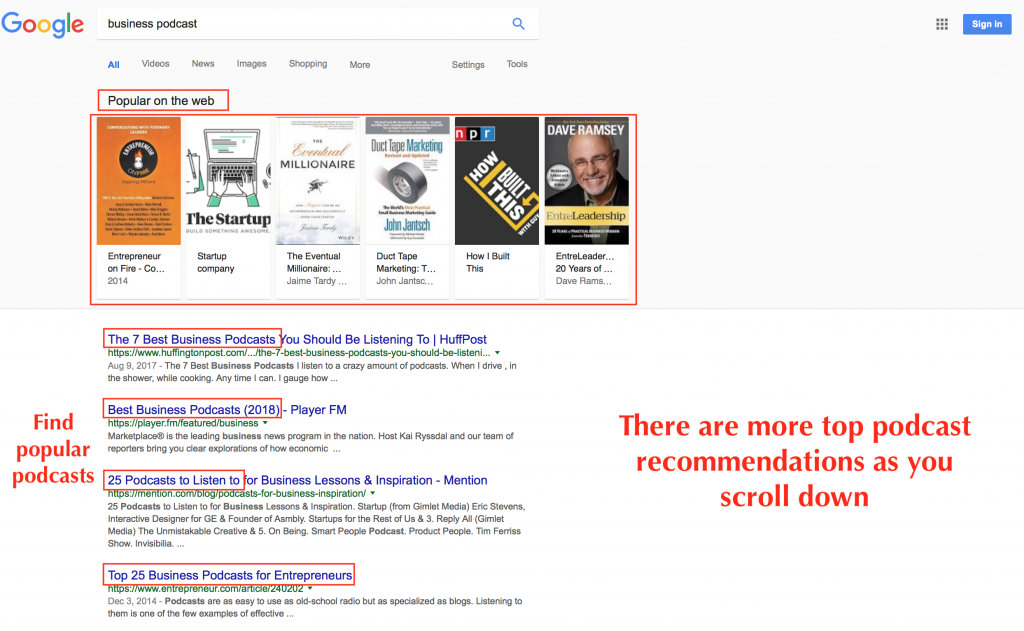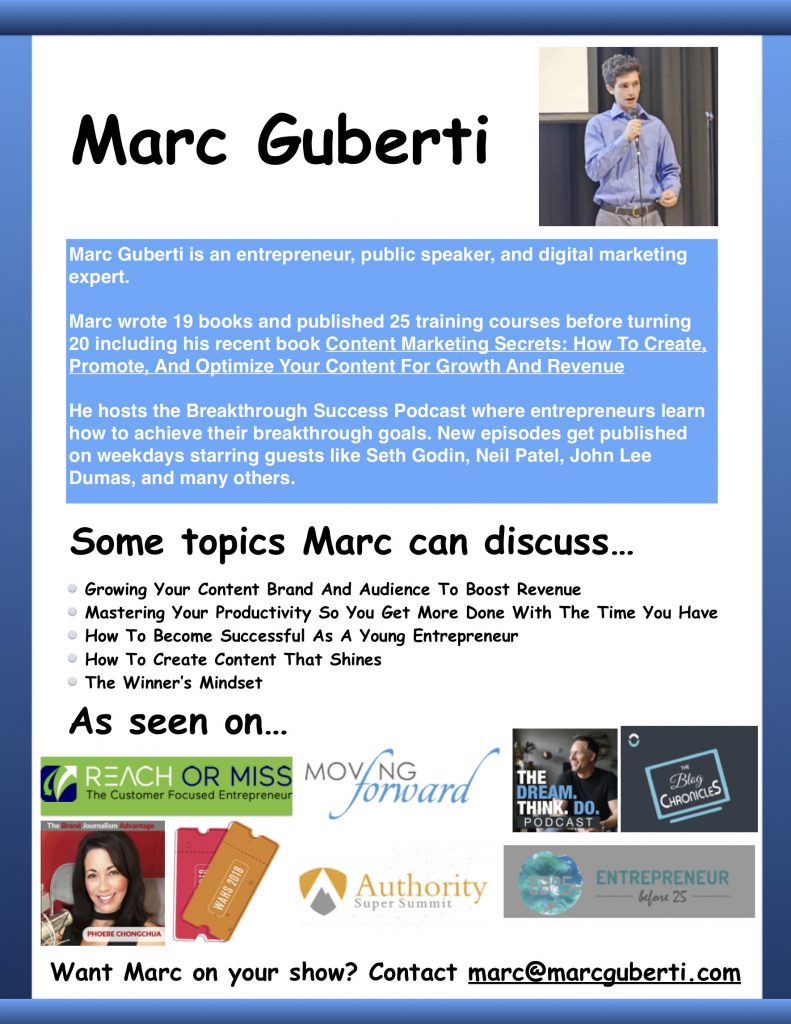One of the big misconceptions about podcasting is that you need a popular show to start making money. Then you can start reaching out to sponsors and more of your listeners will buy more of your stuff.
What if I told you that it’s possible to make thousands of dollars each month from podcasting before you get a single download for you show.
Not only can your listeners become clients, but your guests can also become your clients. I go deeper in the video, but there’s a basic process to follow…
#1: Determine your customer avatar
#2: Come up with a podcast idea that allows you to regularly interview people who fit that customer avatar
#3: Promote your product or service during the interview. I always invite people to schedule a free strategy session at the end of each episode and mention it whenever I can.


